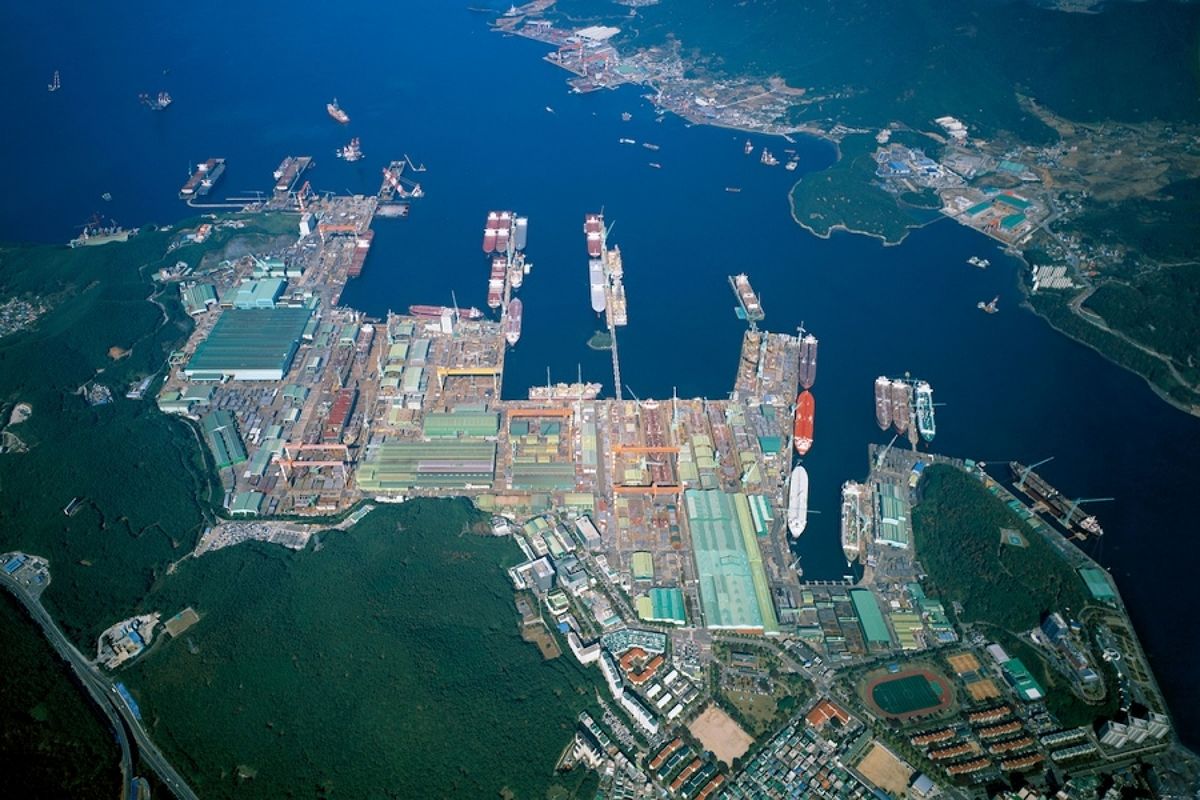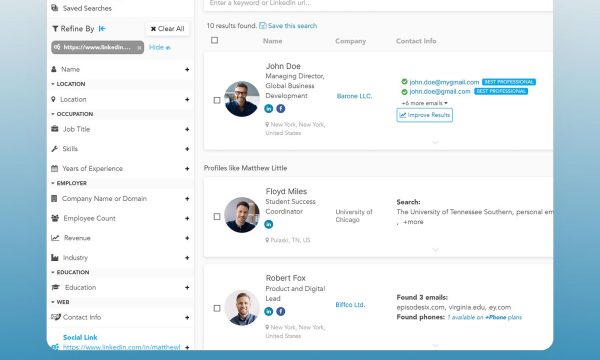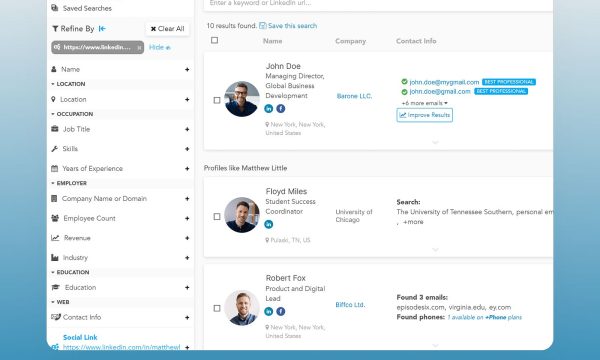Imagine a world without the massive vessels that transport goods across oceans or the intricate offshore platforms that harness energy from the depths of the sea. It’s hard to fathom, yet this is the reality that Samsung Heavy Industries Co (SHI) helps to shape. This South Korean company, renowned for constructing some of the most complex and essential ships and structures, plays a vital role in global trade and energy production. In this article, we will explore the fascinating journey of Samsung Heavy Industries Co, from its humble beginnings to its status as a leader in the shipbuilding industry. We will delve into its innovative milestones, current challenges, and future prospects in a rapidly evolving maritime landscape.
Toc
A Legacy of Shipbuilding Excellence
From Humble Beginnings to Global Leader
The story of Samsung Heavy Industries Co began in 1974, a time when South Korea was fervently pursuing industrialization. In those early years, the company emerged as a significant player in the heavy and chemical industries, quickly establishing itself as a key contributor to the nation’s economic growth. Strategic acquisitions, including Woojin Shipbuilding and Daesung Heavy Industries, in the late 1970s, laid a robust foundation for its future endeavors. The completion of the Geoje Shipyard in 1979 marked a pivotal moment, enabling SHI to enhance its production capabilities and innovate within the shipbuilding sector.

The South Korean government’s initiative to promote heavy industry provided a supportive environment for SHI’s growth. This strategic alignment allowed the company to expand its capabilities and explore new markets, setting the stage for its emergence as a global leader in shipbuilding. Over the decades, SHI has been synonymous with excellence in maritime engineering, continually pushing the boundaries of technology and design.
Pioneering Innovation in Shipbuilding
Samsung Heavy Industries Co has consistently stood at the forefront of technological advancements in shipbuilding. Its commitment to innovation is evident in its development of groundbreaking vessels, including the world’s first Arctic Shuttle-Tanker and the first LNG-Floating Production Storage and Offloading units (FPSOs). These achievements not only showcased SHI’s engineering prowess but also set new benchmarks for the industry.
Moreover, SHI has heavily invested in research and development, particularly in projects related to Liquefied Natural Gas (LNG) Floating Storage Regasification Units (FSRUs) and ships designed for polar applications. This dedication to innovation has positioned the company as a leader in addressing complex maritime challenges, enabling it to adapt to the ever-changing needs of the industry.
Expanding into Offshore Plants
Recognizing the growing global demand for offshore energy resources, Samsung Heavy Industries Co strategically shifted its focus towards offshore plants. This pivot has proven to be a wise decision, as evidenced by the company’s success in delivering the world’s largest semi-submerged offshore drilling platform. As energy requirements evolve, SHI’s ability to adapt and innovate in offshore technology has become increasingly critical.
This strategic focus on offshore projects mirrors broader industry trends, emphasizing the complexity of operations and the pressing need for sustainable energy solutions. With its extensive experience and technological expertise, Samsung Heavy Industries Co is well-equipped to tackle these challenges head-on, ensuring its relevance in an evolving market.
Building a Diverse Portfolio
To fortify its market position, Samsung Heavy Industries Co has developed a diverse portfolio that encompasses various vessels and offshore structures. Significant investments in specialized ships, such as LNG carriers, container ships, and drillships, have allowed SHI to cater to multiple segments within the maritime industry.
This diversification strategy not only mitigates risks associated with market fluctuations but also enhances SHI’s competitive advantage. By broadening its offerings, the company can respond effectively to changing customer demands and industry trends, ensuring its continued success.
1. https://viralblogspost.com/archive/3212/
2. https://viralblogspost.com/archive/3128/
3. https://viralblogspost.com/archive/3632/
The Global Shipbuilding Recession and its Impact
Despite its many successes, Samsung Heavy Industries Co has not been immune to the global shipbuilding recession that has affected the industry in recent years. The decline in ship orders and financial performance has necessitated significant restructuring efforts within the company. Factors contributing to this downturn include overcapacity in the shipbuilding market, fluctuations in global trade, and increased competition, all of which have led to reduced demand.
As SHI navigates these turbulent waters, it has implemented various strategies to stabilize its operations and secure its future. These measures include optimizing production processes, enhancing operational efficiency, and exploring new markets to diversify its portfolio. The resilience demonstrated by SHI during these challenging times is a testament to its commitment to excellence.
Competing with China’s Shipbuilding Rise
The rise of Chinese shipbuilders has introduced a new layer of complexity to the competitive landscape. With their ability to leverage lower labor costs and significant government support, Chinese firms have gained substantial market share, challenging established players like Samsung Heavy Industries Co.
In response, SHI has focused on maintaining its competitive edge through innovation and strategic positioning in niche markets. The company’s commitment to developing cutting-edge technologies and improving operational efficiencies has been critical in countering the competitive threat posed by Chinese firms. By prioritizing quality and innovation, Samsung Heavy Industries Co aims to differentiate itself and sustain its market presence amidst fierce competition.
Labor Market Dynamics and Employee Retention
Another pressing challenge for Samsung Heavy Industries Co is the need to attract and retain skilled labor. The widening wage gap with competitors has led to an outflow of employees, impacting the company’s ability to maintain its high standards of production. Addressing these labor market dynamics is essential for SHI’s long-term success.
To improve employee retention, Samsung Heavy Industries Co must prioritize enhancing working conditions and addressing employee concerns. By fostering a supportive work environment and investing in employee development, the company can build a more resilient workforce capable of meeting future challenges. The importance of nurturing talent cannot be overstated, especially in an industry where expertise is paramount.
A Look Ahead: Samsung Heavy Industries Future Prospects
Strategic Focus on Offshore Plants and Emerging Technologies
As we look towards the future, Samsung Heavy Industries Co is set to continue its strategic focus on offshore plants and emerging technologies. The company recognizes the importance of renewable energy sources, such as floating LNG and wind energy, in shaping the future of the maritime industry. Investments in research and development will be crucial in advancing these initiatives and ensuring SHI remains a leader in the sector.
By collaborating with technology providers and industry partners, Samsung Heavy Industries Co aims to develop eco-friendly solutions that align with global sustainability goals. This forward-thinking approach positions the company to capitalize on the growing demand for sustainable energy solutions, paving the way for a greener maritime industry.
The Rise of Hydrogen and Ammonia Fuels in Shipbuilding
As the maritime industry shifts towards alternative fuels, Samsung Heavy Industries Co is actively exploring the potential of hydrogen and ammonia as viable options for ship propulsion. This transition presents both challenges and opportunities, necessitating significant investment in research and development.
SHI’s expertise in shipbuilding positions it well to lead the charge in this emerging area. By developing vessels powered by hydrogen and ammonia, the company can contribute to reducing the industry’s carbon footprint while enhancing its competitive advantage in a changing market. The commitment to sustainability reflects a broader industry trend towards environmentally friendly practices.
Collaboration and Partnerships for Growth
Collaboration will play a vital role in Samsung Heavy Industries Co’s growth strategy. By forging partnerships with other companies, including technology providers and energy firms, the company can leverage shared expertise and resources to enhance its capabilities. These collaborations will enable SHI to remain agile and responsive to market changes, ensuring its continued success in the shipbuilding industry.
1. https://viralblogspost.com/archive/3463/
2. https://viralblogspost.com/archive/3406/
3. https://viralblogspost.com/archive/3447/
The importance of partnerships in the maritime sector cannot be overstated. By working together, companies can drive innovation, improve efficiencies, and create solutions that address the evolving needs of the industry. This cooperative spirit is essential for navigating the complexities of modern shipbuilding.
Emphasizing Digital Transformation
In addition to focusing on emerging technologies and collaborations, Samsung Heavy Industries Co recognizes the critical role of digital transformation in the shipbuilding sector. The integration of digital technologies into production processes can enhance efficiency, reduce costs, and improve product quality.
By adopting advanced technologies such as automation, artificial intelligence, and data analytics, Samsung Heavy Industries Co can optimize its operations and better meet customer expectations. This digital shift not only streamlines processes but also positions the company as a forward-thinking leader in an increasingly competitive market.
FAQ
Q: What are Samsung Heavy Industries’ main competitors in the shipbuilding market?
A: Samsung Heavy Industries Co faces competition from several key players in the shipbuilding industry, including HD Hyundai Heavy Industries (formerly Hyundai Heavy Industries) and Hanwha Ocean (formerly Daewoo Shipbuilding & Marine Engineering), along with other major shipbuilders globally.
Q: What is Samsung Heavy Industries’ current financial performance?
A: While Samsung Heavy Industries Co has faced challenges due to the global shipbuilding recession, there are signs of recovery as the company implements restructuring measures. Detailed financial information can be found on SHI’s official website and in recent financial news reports.
Q: What are Samsung Heavy Industries’ plans for growth in the future?
A: Looking ahead, Samsung Heavy Industries Co intends to maintain its focus on offshore plants, develop ships powered by alternative fuels, and expand its global reach through strategic collaborations and partnerships. The company is also investing in research and development to stay at the forefront of technological innovation in the shipbuilding industry.
Conclusion
Samsung Heavy Industries Co has carved a significant niche in the global shipbuilding industry, characterized by a rich history of innovation and a steadfast commitment to excellence. While the company faces considerable challenges, including competition from emerging markets and labor market dynamics, its strategic focus on offshore plants and emerging technologies positions it well for future growth.
As Samsung Heavy Industries Co continues to adapt to the shifting landscape, its ability to leverage innovation, collaboration, and digital transformation will be crucial in navigating the complexities of the maritime sector. By staying attuned to industry trends and prioritizing sustainable solutions, SHI is poised to maintain its leadership role in shipbuilding for years to come. This strategic foresight and commitment to quality will ensure that Samsung Heavy Industries Co remains a key player in the maritime industry, capable of meeting the demands of a rapidly evolving market while continuing to set new standards for excellence.

















Leave a Reply